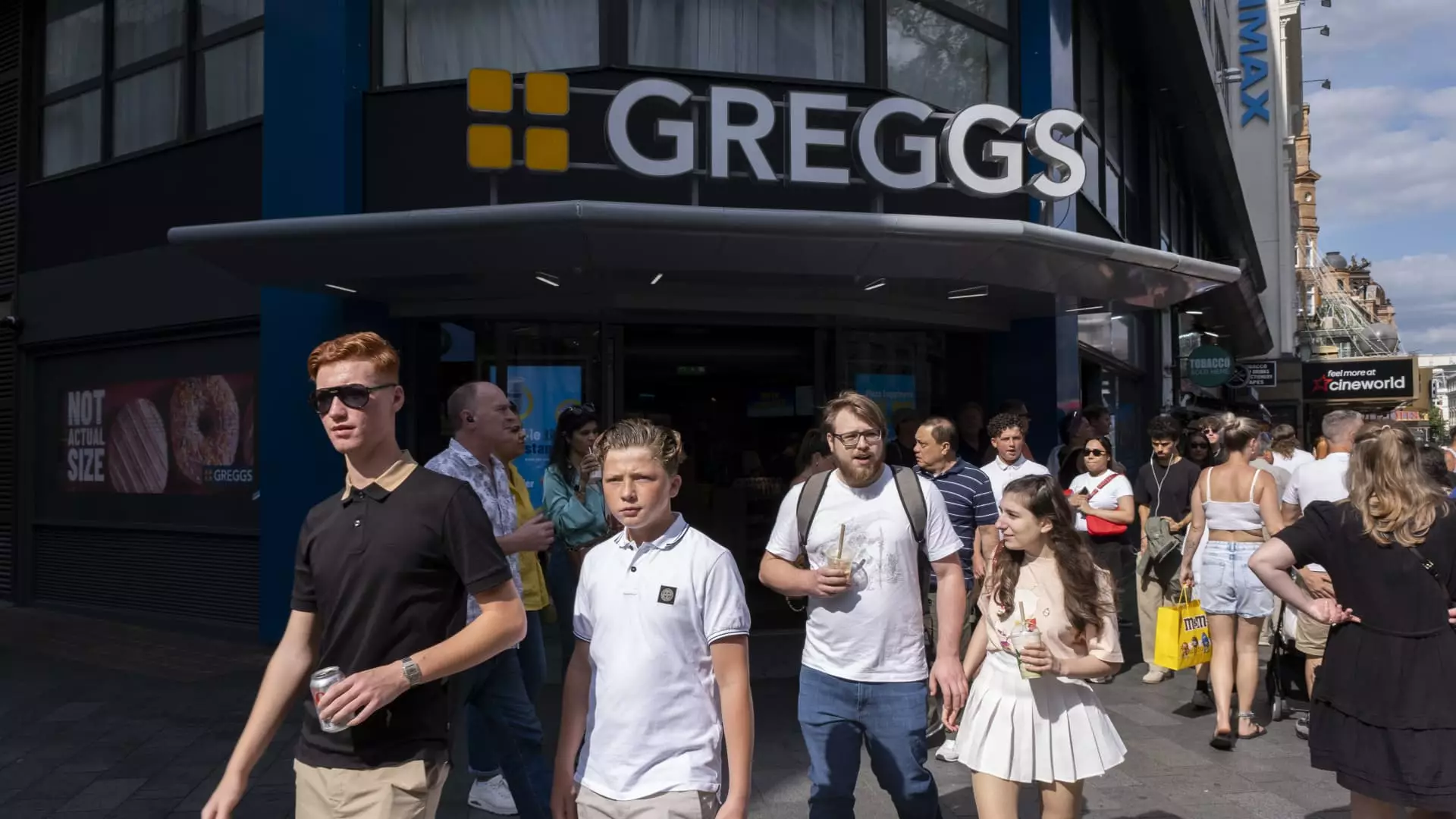The recent announcement from Greggs highlights a stark truth: even beloved brands rooted in affordability and familiarity are vulnerable to external forces beyond their control. The UK’s record-breaking heatwave, far from being a mere weather anomaly, exposes the fragility of consumer patterns and the peril of relying solely on traditional business models in an ever-changing climate. Despite Greggs’ consistent growth and social media success stories, the reality is that high temperatures and shifting consumer preferences can swiftly disrupt sales, especially for products traditionally associated with comfort and warmth, like hot sausages or pastries. This serves as a warning: complacency in core offerings, even from industry giants, is a dangerous illusion in today’s volatile market landscape.
The Illusion of Resilience in the Face of Climate Change
Greggs’ ability to generate impressive sales figures in the first half of 2025—over a billion pounds—should not mask the underlying vulnerability revealed by recent trading data. The plunge in share price and cautious profit outlook reflect a deeper challenge: consumers are increasingly making purchasing decisions influenced by external conditions, health considerations, and economic pressures. The heatwave’s impact underscores that the value proposition of “affordable, convenient food” is not immune to broader societal shifts. When the environment changes rapidly, companies that cling too tightly to tradition risk alienating their core demographic, especially when economic constraints force consumers to prioritize cold refreshments or even forego convenience altogether.
The Need for Strategic Adaptation and Innovation
This episode offers a pivotal lesson for brands in similar positions—adaptation is no longer optional. Greggs’ plans to expand and open new outlets are promising, but without strategic pivots that prioritize consumer needs and preferences during outlier conditions, growth becomes superficial. The boldest companies will harness challenges like these as catalysts for innovation—developing versatile offerings, reimagining their menu for climate resilience, and integrating sustainable practices that align with changing societal values. Failing to do so risks a slow erosion of customer loyalty, especially as younger, more conscious consumers demand transparency, variety, and adaptability. Greggs’ experience underscores that robust resilience is built not just on past success, but on genuine flexibility and the willingness to evolve in ways that resonate with a changing world.


Leave a Reply